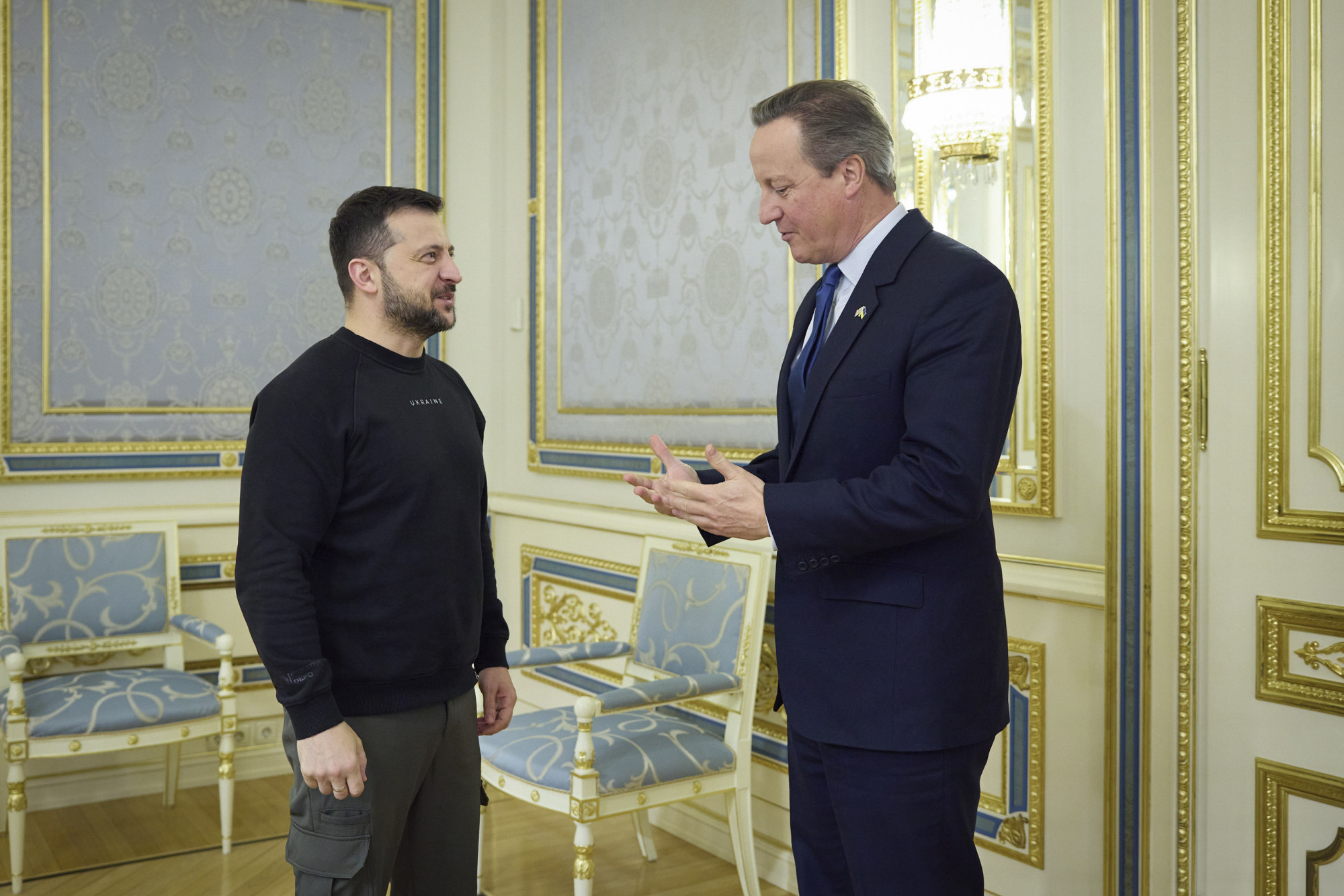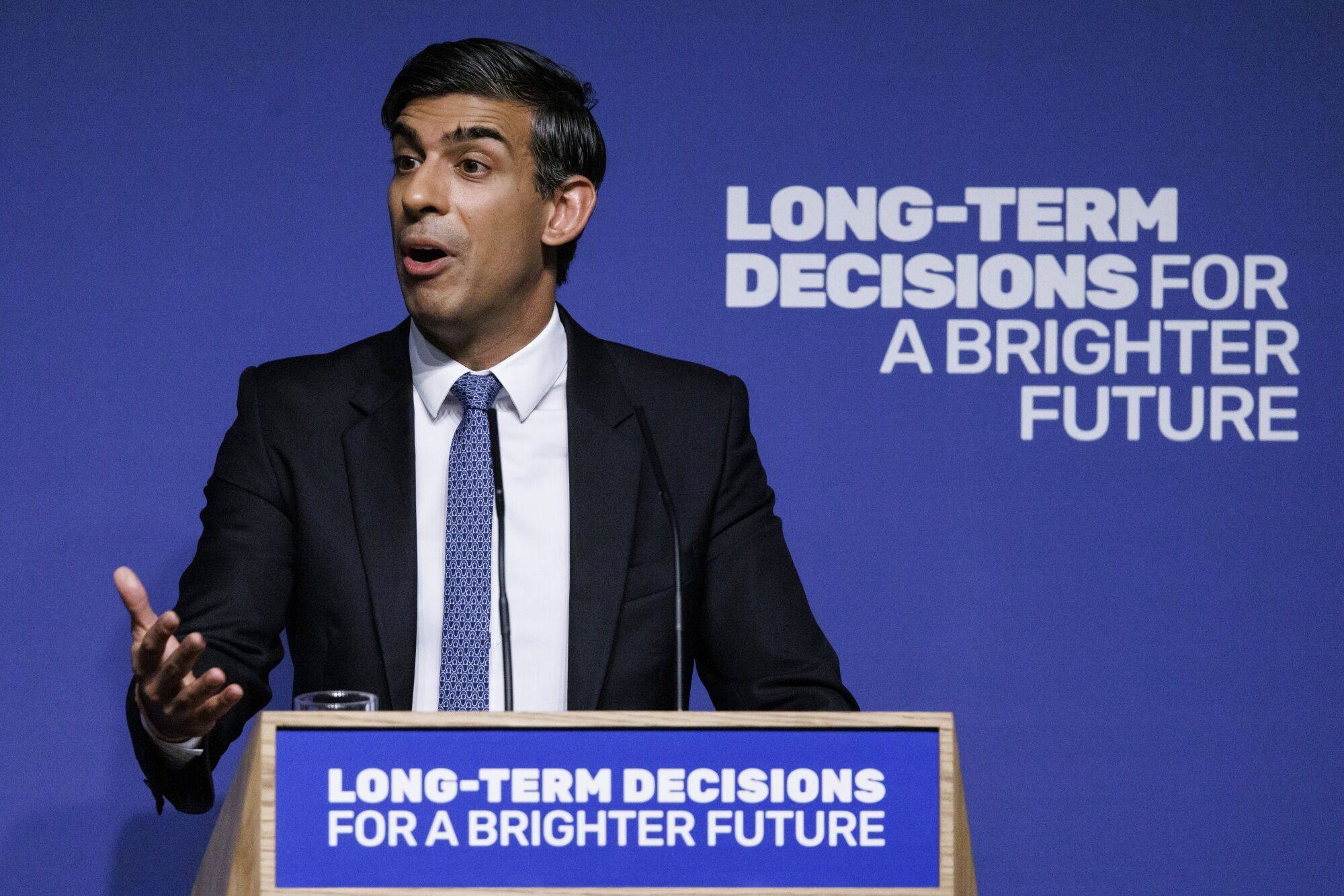
UK, China differences set to remain despite return of David Cameron
- New foreign secretary may have declared ‘golden era’ with Beijing eight years ago when he was prime minister, but the political road map has changed
The shock appointment of former prime minister David Cameron as foreign secretary has divided opinion in Britain. It has been well-received in China.
Cameron, who resigned seven years ago, had presided over a “golden era” of Sino-British relations. He welcomed Chinese investment, forged closer ties with Beijing and described President Xi Jinping’s state visit in 2015 as the beginning of a new era.
Since then, the world has changed. Cameron’s successors have adopted a hard line on China, with clashes on issues ranging from human rights in Hong Kong and Xinjiang to the war in Ukraine.
He is already coming under fire for perceived friendliness towards Beijing.

But Cameron’s appointment has little, if anything, to do with Britain’s China policy. The move was driven by domestic politics.
Prime Minister Rishi Sunak is under pressure. His ruling Conservative Party is trailing in the polls, with a general election expected next year.
The return of Cameron is being seen as an attempt to shift his government towards the political middle ground.
The appointment was part of a cabinet reshuffle which saw the sacking of outspoken Home Secretary Suella Braverman, a favourite with the party’s right-wing.
Cameron, a centrist who supported Britain remaining in the European Union, is unpopular with that section of the party. It is unlikely British foreign policy towards China will change.

Sunak has sought to engage Beijing while also standing up for what he sees as Britain’s core interests.
James Cleverly, who has moved from foreign secretary to home secretary, visited China in August, agreeing to strengthen high-level exchanges. Sunak met Premier Li Qiang on the sidelines of the Group of 20 meeting in September. The prime minister pledged to cooperate on issues such as technology and climate change.
China was then invited to the recent global conference in Britain on the risks posed by artificial intelligence.
But support for a tough line on China remains strong within the Conservative Party. Cameron’s perceived links to Beijing since he stepped down as prime minister are coming under scrutiny.
Former UK PM David Cameron returns to government, Braverman out
Even if he is minded to launch a charm offensive towards China, this would be difficult, if not impossible, in the current climate. Cameron, however, has valuable experience of foreign affairs and good contacts around the world.
He could be a safe pair of hands at a time of great geopolitical uncertainty.
The sharp differences between Britain and China will remain. But the two countries also have shared interests in key areas.
The change in foreign secretary is unlikely to bring a radical shift in relations, but efforts to engage, understand and cooperate must continue.

